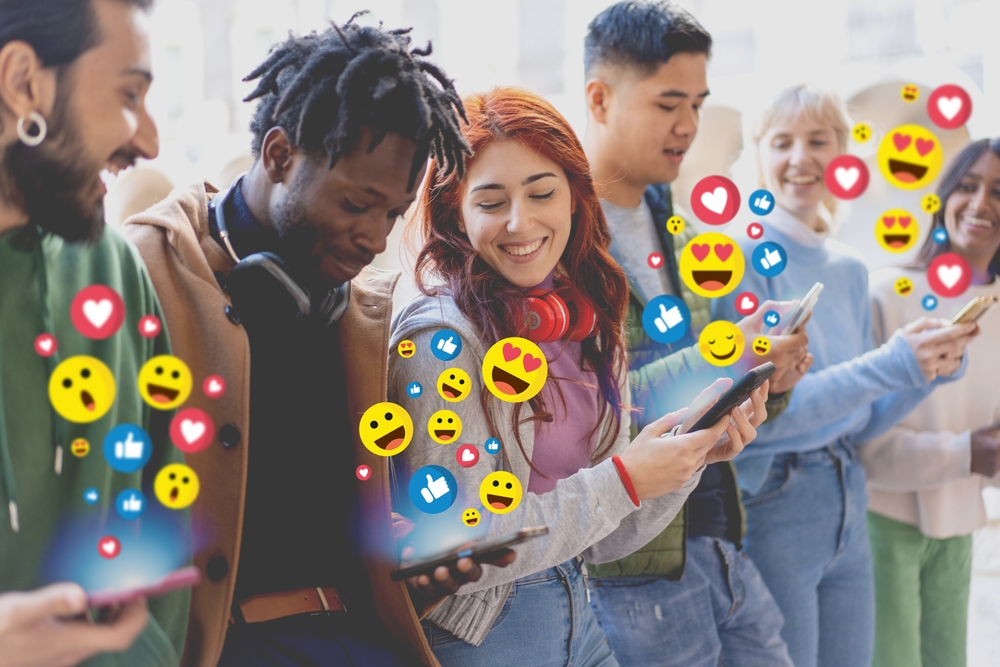Social media vetting rolled out to Harvard applicants
Jul 11, 2025

The State Department has instructed US consulates around the world to carry out enhanced social media vetting of Harvard applicants, in a pilot project that could be rolled out nationwide.
Applicants with private social media accounts could be viewed as evading vetting.
The directive came from Marco Rubio on May 29, as the secretary of state began rolling out his policy of enhanced social media screening of international students, effective immediately for those attending the US’s oldest institution.
In a cable obtained by Politico, Rubio instructed consular officers to “conduct a complete screening of the online presence of any nonimmigrant visa applicant seeking to travel to Harvard University for any purpose”.
Under these instructions, the policy will impact prospective students and current students needing to extend their visas, as well as faculty members, researchers and Harvard staff members.
The directive specifically identified anti-semitism as the focus of the vetting process and said that Harvard will serve as a “pilot” for expanded screening and vetting of international students and that “this pilot will be expanded over time”.
And yet, it is not clear what constitutes “anti-semitic viewpoints” in the eyes of consular officers, with experts warning that support for Palestinian liberation or supporting one side or another in regional conflicts could constitute red flags.
“These things are all up to the discretion of the officer and can be interpreted as supporting a terrorist organisation… and because it’s up to that discretion people really need to be careful,” Fragomen senior US consular manager, Brian Simmons, told NAFSA delegates, referring to Rubio’s May 27 directive.
“Until very recently, social media information was collected but nothing was really done with the information,” said Simmons, noting the administration’s subtle shift towards national security-related screening, focussing on what might be perceived as support for foreign terrorist organisations.
Crucially, the cable instructs officers to consider “whether a lack of any online presence, or having social media accounts restricted to ‘private’ or with limited visibility, may be reflective of evasiveness and call into question the applicant’s credibility,” putting educators at a loss for how to advise students on rapidly changing policies.
It is understood that applicants with private accounts could be requested to make them public for inspection by the Fraud Prevention Unit.
Responding to The PIE News, a spokesperson for the State Department said they had taken the action based on a DHS assessment that “Harvard University has failed to maintain a campus environment free from violence and anti-Semitism.
“These measures aim at ensuring that consular officers can appropriately identify such visa applicants with histories of anti-Semitic harassment and violence, and to duly consider their visa eligibility under US immigration law,” they said, pointing to President Trump’s Executive Order combatting antisemitism.
“Every visa adjudication is a national security decision,” they continued, highlighting applicants’ failure to provide relevant information about their purpose of travel or information requested during the application as potential reasons for heightened scrutiny.
According to Travis Feuerbacher, US immigration attorney and former State Department employee, a student’s failure to disclose a current social media account or one that they’ve used in the past five years can result in a delay or the cancelling of a visa appointment.
Alongside evidence of criminal conduct and evidence that they may be supporting an international terrorist organisation, Feuerbacher said state officials conducting visa interviews look for indications that students are “somehow contrary to American culture,” advising students to disclose all accounts.
The directive sets into action Rubio’s proposal last week to enhance the social media screening of all applicants, enacting a freeze on the scheduling of new visa appointments while doing so.
Despite the order to begin this process for Harvard applicants, the scheduling of visa appointments remains frozen, with concerns mounting that students due to enrol in this year’s summer and fall cycles will not get visas in time.
The policy is the latest in the administration’s ongoing feud with Harvard over alleged anti-semitism, in which the university has managed to temporarily block the government’s attempt to revoke its ability to enrol international students, amid ongoing threats to its federal funding.
It marked the culmination of a tumultuous week for international students and educators in the US, following the visa pause and a statement from Rubio announcing plans to “aggressively revoke” the visas of Chinese students in the US.
Source: Social media vetting rolled out to Harvard applicants from The PIE News, published on June 3, 2025: https://thepienews.com/social-media-vetting-rolled-out-to-harvard-applicants/
